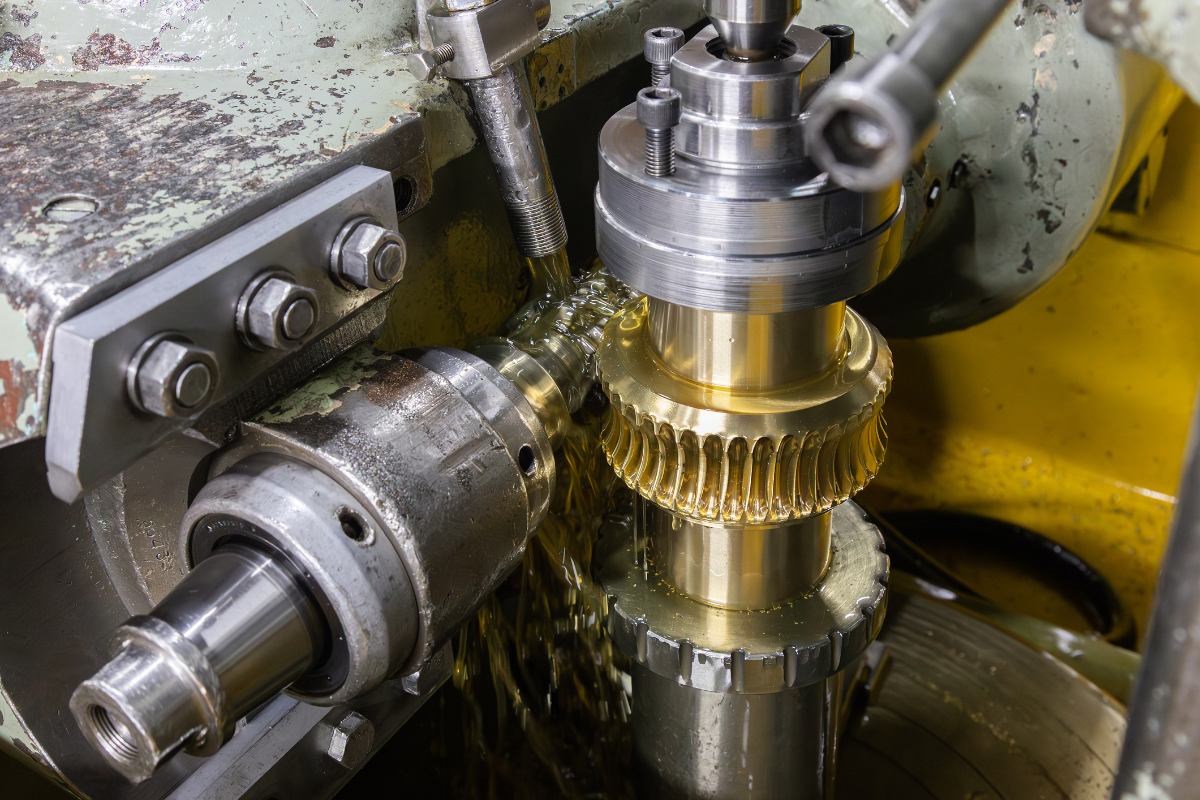Construction vehicles operate under some of the toughest conditions imaginable—constant heavy loads, harsh environments, dust, dirt, and long hours of operation. In such demanding settings, protecting the engine from wear is crucial to ensure reliability, reduce downtime, and extend the life of expensive equipment. Diesel Engine Oils play a pivotal role in this protection by providing essential lubrication and combating factors that contribute to engine wear. This article explores how diesel engine oils help prevent engine wear specifically in construction vehicles and why their proper use is critical for maintaining engine health.
Understanding Engine Wear in Construction Vehicles
Construction vehicles such as excavators, loaders, bulldozers, and dump trucks face significant mechanical stress. Engine wear occurs primarily due to friction between moving metal parts, exposure to contaminants, heat, and corrosion. Over time, this wear can lead to loss of performance, increased fuel consumption, breakdowns, and costly repairs. Preventing or minimizing engine wear is vital to maintain operational efficiency and protect the investment in heavy machinery.
The Role of Diesel Engine Oils in Preventing Engine Wear
Diesel engine oils are specifically formulated lubricants designed to protect diesel engines under severe operating conditions typical of construction environments. They help prevent engine wear through several key mechanisms:
1. Creating a Protective Lubricating Film
One of the fundamental ways diesel engine oils prevent wear is by forming a thin, protective film between moving engine parts such as pistons, crankshafts, bearings, and camshafts. This oil film reduces direct metal-to-metal contact, minimizing friction and mechanical wear. Without this lubrication, the intense pressure and high-speed movements within the engine would cause rapid abrasion and damage to components.
2. Reducing Heat and Preventing Overheating
Engines generate significant heat during operation, especially under heavy loads common in construction vehicles. Diesel engine oils help absorb and dissipate this heat away from critical engine parts, preventing thermal degradation and warping. Proper temperature control reduces the risk of heat-induced wear such as metal fatigue, scuffing, and surface cracking.
3. Neutralizing Harmful Acids and Contaminants
Combustion in diesel engines produces acidic by-products and soot particles that, if left unchecked, accelerate wear through corrosion and abrasive damage. Diesel engine oils contain detergents and dispersants that neutralize acids and suspend soot particles, preventing them from settling on engine surfaces. This protective action reduces sludge formation and corrosive wear on internal components.
4. Maintaining Viscosity for Consistent Protection
The viscosity—or thickness—of diesel engine oil is carefully engineered to remain stable across a wide temperature range. Maintaining optimal viscosity ensures the oil flows smoothly to all engine parts, providing consistent lubrication during cold starts and at high operating temperatures. Stable viscosity prevents oil from becoming too thin (losing protection) or too thick (causing increased friction), both of which can contribute to wear.
Why Construction Vehicles Require Specialized Diesel Engine Oils
Construction equipment engines often operate in dusty, dirty environments with extended periods of idling and heavy loading. These conditions increase the risk of engine wear if the wrong oil is used. Specialized diesel engine oils for construction vehicles include enhanced additives and formulations designed to:
- Provide superior protection against abrasive particles common on construction sites.
- Resist oxidation and breakdown under prolonged high temperatures.
- Support extended oil change intervals to reduce maintenance downtime.
- Comply with industry standards such as API CK-4 or CJ-4 for high-performance diesel engines.
Using oils that meet these criteria ensures engines withstand the harsh demands of construction work while minimizing wear.
Best Practices for Using Diesel Engine Oils to Prevent Wear
To maximize the wear-prevention benefits of diesel engine oils in construction vehicles, consider the following best practices:
- Use Manufacturer-Recommended Oils: Always select diesel engine oils that meet or exceed the specifications provided by the vehicle manufacturer.
- Regular Oil Changes: Change the engine oil and oil filter at recommended intervals to remove contaminants and replenish protective additives.
- Oil Analysis: Conduct periodic oil analysis to monitor oil condition and detect early signs of wear or contamination.
- Proper Storage: Store oils in clean, dry environments to prevent contamination before use.
- Monitor Engine Operating Conditions: Avoid prolonged idling and excessive overload to reduce stress on engine oil and components.
Conclusion
Diesel engine oils are indispensable in preventing engine wear in construction vehicles by providing essential lubrication, heat management, contaminant control, and viscosity stability. Given the demanding environments construction vehicles endure, using the right diesel engine oils and maintaining them properly is crucial for protecting engines, enhancing performance, and extending equipment lifespan.
Investing in high-quality diesel engine oils and adhering to maintenance best practices will help construction operators keep their machinery running smoothly, reduce costly repairs, and maximize productivity on the job site. In the challenging world of construction, diesel engine oils truly are the unsung heroes behind every reliable piece of heavy equipment.



